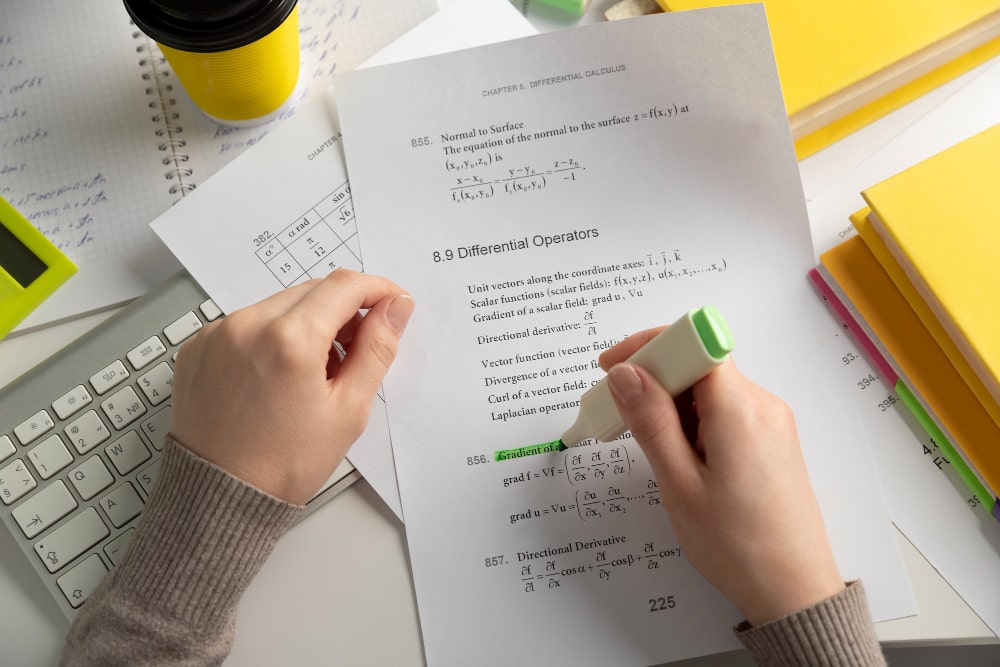Subscribe to our newsletter


The Joint Entrance Examination (JEE) is one of the most prestigious and challenging entrance exams in India. Every year, thousands of students aspire to crack the JEE and get admission into the best engineering colleges in the country. However, the key to success in this exam lies in understanding the JEE Mains Syllabus thoroughly. In this article, we will provide a comprehensive guide to the JEE Mains Syllabus.
Physics and Measurement, Kinematics, Laws of Motion, Work, Energy, and Power, Rotational Motion, Gravitation, Properties of Solids and Liquids, Thermodynamics, Kinetic Theory of Gases, Oscillations and Waves, Electrostatics, Current Electricity, Magnetic Effects of Current and Magnetism, Electromagnetic Induction and Alternating Currents, Electromagnetic Waves, Optics, Dual Nature of Matter and Radiation, Atoms and Nuclei, Electronic Devices, Communication Systems
Basic Concepts of Chemistry, States of Matter, Atomic Structure, Chemical Bonding and Molecular Structure, Chemical Thermodynamics, Solutions, Equilibrium, Redox Reactions and Electrochemistry, Chemical Kinetics, Surface Chemistry, Classification of Elements and Periodicity in Properties, General Principles and Processes of Isolation of Metals, Hydrogen, S-Block Elements, P-Block Elements, d and f Block Elements, Coordination Compounds, Environmental Chemistry, Purification and Characterization of Organic Compounds, Some Basic Principles of Organic Chemistry, Hydrocarbons, Organic Compounds Containing Halogens, Organic Compounds Containing Oxygen, Organic Compounds Containing Nitrogen, Polymers, Biomolecules, Chemistry in Everyday Life
Sets, Relations and Functions, Complex Numbers and Quadratic Equations, Matrices and Determinants, Permutations and Combinations, Mathematical Induction, Binomial Theorem and its Applications, Sequences and Series, Limit, Continuity and Differentiability, Integral Calculus, Differential Equations, Coordinate Geometry, Three-Dimensional Geometry, Vector Algebra, Statistics and Probability, Trigonometry, Mathematical Reasoning
The JEE Mains Syllabus is a comprehensive list of topics that students need to prepare for in order to crack the Joint Entrance Examination (JEE) and gain admission to top engineering colleges in India. The syllabus includes topics from Physics, Chemistry, and Mathematics. It is crucial to thoroughly understand the syllabus and prioritize the most important topics in order to prepare effectively for the exam. Keep abreast of the latest syllabus with the exhaustive list provided above.
The JEE Main syllabus is still the same as the JEE Main 2022. No new changes have been introduced regarding the syllabus.
It is not mandatory to cover every topic in the JEE Mains syllabus. However, it is crucial to prioritize and focus on the topics that are more important and have a higher likelihood of appearing in the exam. You should have a clear understanding of the critical topics, and the latest changes in the syllabus, as these changes may affect the exam pattern and the types of questions asked. Additionally, you should be aware of the weightage given to different topics and allocate your time accordingly.
Cracking JEE Mains without coaching is possible but demands discipline and hard work. Online resources such as study materials, video lectures, practice tests, and mock tests can help. Follow a study plan, and focus on the latest syllabus changes and important topics. Mock tests are invaluable for self-assessment, enabling you to understand the exam pattern, improve time management, identify weaknesses, and build confidence. However, they shouldn't replace actual preparation. Use them to improve. Need more guidance? Look no further than our own Margdarshan
The best books to refer to for JEE Main Preparation are as follows: Physics: Concepts of Physics (Vol. 1 and 2) by H.C. Verma Fundamentals of Physics by Halliday, Resnick & Walker Understanding Physics by D.C. Pandey (Arihant Publications) NCERT textbooks for Physics
Chemistry: Modern Approach to Chemical Calculations by R.C. Mukherjee Organic Chemistry by O.P. Tandon Concept of Physical Chemistry by P. Bahadur Concise Inorganic Chemistry by J.D. Lee NCERT textbooks for Chemistry
Mathematics: Complete Mathematics for JEE Main by TMH Play with Graphs by Amit M Agarwal (Arihant Publications) Differential Calculus by Amit M Agarwal (Arihant Publications) Integral Calculus by Amit M Agarwal (Arihant Publications) Algebra by Dr. S.K. Goyal (Arihant Publications) NCERT textbooks for Mathematics
In conclusion, cracking the JEE Mains exam requires hard work, dedication, and a thorough understanding of the syllabus. By following the tips in this article and avoiding common mistakes, you can increase your chances of success Remember to refer to reliable study material and practice regularly to excel in the JEE Mains exam.
Some more FAQs:
Ans. There is no fixed number of mock tests to take before the actual exam. However, it is recommended to take at least 10-15 mock tests to prepare effectively.
Ans. Yes, JEE mock tests are designed to simulate the actual exam. The questions asked, marking scheme, and time duration are similar to the actual exam.
Ans. Yes, JEE mock tests are available in both online and offline formats.
Ans. Yes, mock tests are an essential part of JEE preparation. They help in understanding the exam pattern, identifying strengths and weaknesses, and improving time. Try out free mock test for JEE Main.
Leave a Reply